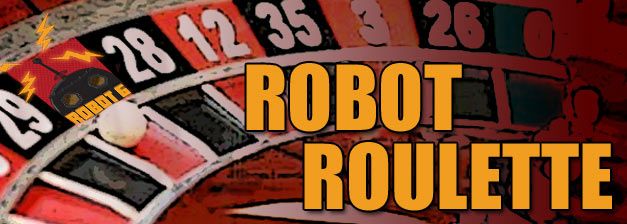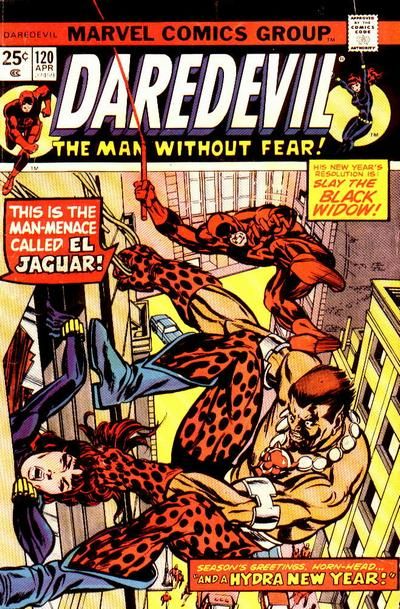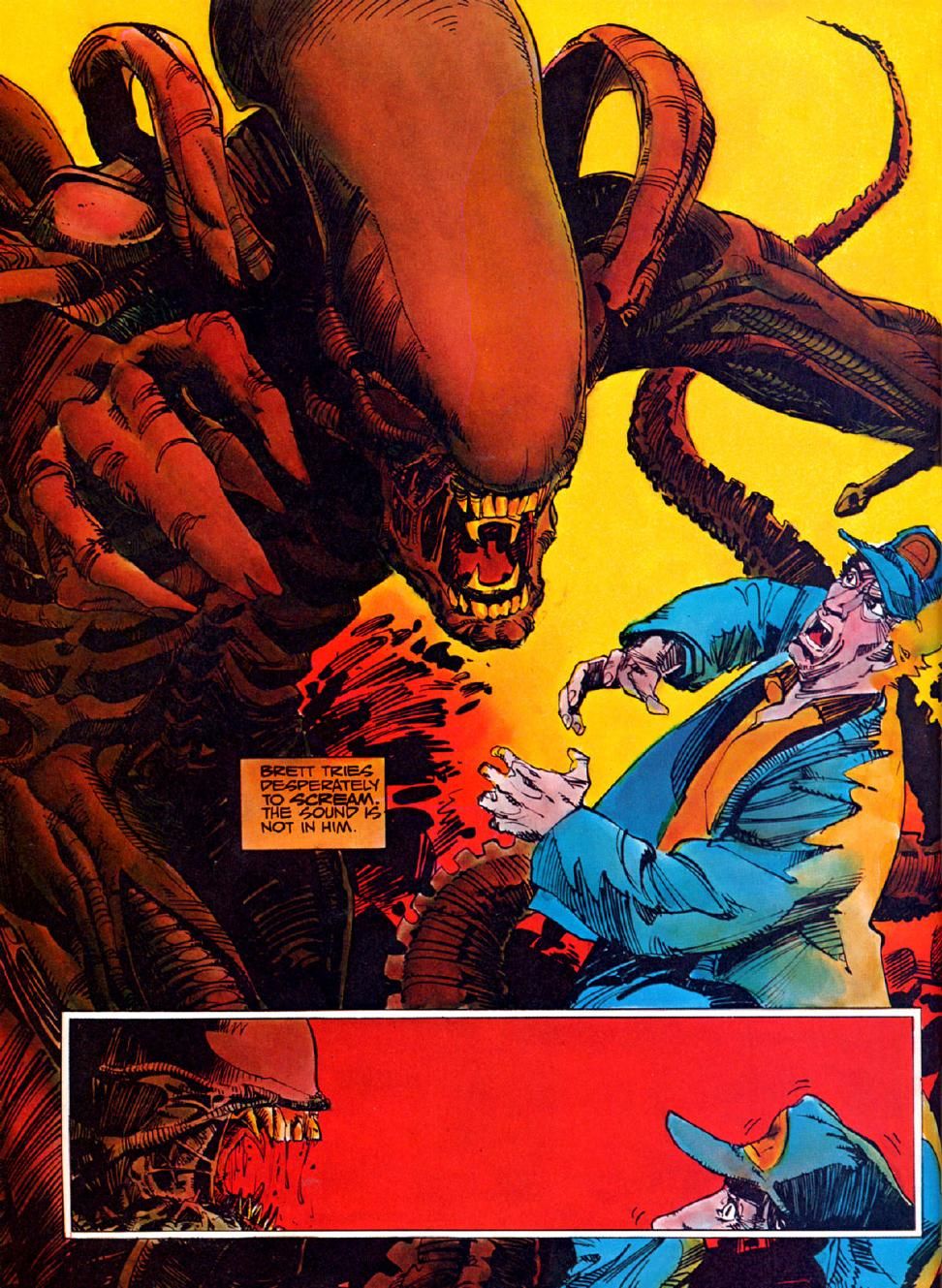Ladies and gentlemen, welcome back for another round of Robot Roulette. It's kind of like Vegas, without the mob connections or chances of actually winning money--comic creators spin the virtual wheel and get six questions thrown at them to answer.
Today Kurt Busiek takes his six questions and turns them into gold. Kurt, of course, is the award-winning writer of Astro City, Liberty Project, Untold Tales of Spider-Man, Marvels, Avengers, Arrowsmith, Shockrockets, Thunderbolts, Iron Man, Kirby: Genesis, JLA/Avengers, Trinity, Superman: Secret Identity, Conan, Power Company and many, many more comics. You can find out more about him on his website.
My thanks to Kurt for agreeing to answer our questions. Now let’s get to it ...
2. What was the last good book (not comics) that you read?
Live by Night by Dennis Lehane, a riveting crime story set in 1920s and 1930s Boston, Florida and Cuba. And I'm currently in the middle of The Far West by Patricia C. Wrede, the third book in her YA fantasy-historical series about life in the American West, if it had been infested by megafauna and magic, which I'm sure will prove as enjoyable as the previous volumes.
7. What is the strangest thing you have in your house?
An official WWII-vintage US Navy Mark IV practice bomb. It was a wedding present.
We've been planning every since either to make a lamp out of it or mount it on chains above my desk as a constant reminder of deadlines. But we have to decide which, first.
12. What comic (or graphic novel, webcomic, etc.) was your "gateway drug" and made you a comic fan?
The best choice would probably be Daredevil #120, by Tony Isabella, Bob Brown and Vince Colletta. Before that, I'd occasionally buy a comic, read it and throw it away before I got home, since my parents didn't allow mainstream American comics in the house (another gift to culture from Fredric Wertham). But DD #120 was not only part 1 of a 4-parter that featured lots of references to Marvel history, the lettercol was part 1 of a multi-part history of Hydra, too. Not only did it make me determined to find the next part, it also got me really interested in exploring the Marvel Universe, since it clearly not only mattered to the story what happened in earlier Daredevil issues, but also earlier issues of Marvel Team-Up and Strange Tales and Sub-Mariner and more. To someone like me, who liked any kind of series novels because I could find out what happened next, it was a very addictive idea.
13. Where did you grow up? Tell us something about where you grew up that we may not know.
I was born in Boston, but from second grade on, grew up in Lexington, Massachusetts, home of the Lexington Minuteman, the shots that triggered the American Revolution, and all that cool stuff.
Something about Lexington you may not know? You know the piano guy on Glee, the music teacher in black who glowers at all the kids? That's Brad Ellis, a classmate of mine from junior high on. Lexington seems like a wellspring of talent sometimes -- Brad, Scott McCloud and I were friends, along with award-winning illustrators Ted Dewan and Christopher Bing, Ted's astonishingly-talented musician brother Brian, and more. Environmental writer Bill McKibben was a year or two ahead of us, and after us came comedian Eugene Mirman, novelists Lev and Austin Grossman, Amanda Palmer ... there's something in the water out there, I think.
20. What's the scariest movie you've ever seen?
I'm very much not a scary-movie guy. You say "scary movie," I say, "No thanks, I don't need to see it." I like my zombies and vampires to stay on the printed page, where I can be in charge (and where my imagination makes 'em scarier, to boot). So I guess I'd pick either Alien, which I saw because Archie Goodwin and Walter Simonson did such a good job on the comics adaptation that I had to go see the actual movie, or maybe David Cronenberg's Videodrome, which I saw for Debbie Harry, but gheaaahhhh.
31. What's the biggest "missed opportunity" you've had in comics--or what project did you not take or start that you wish you had?
I think, overall, I've made pretty good career choices, and most of the stuff I've turned down I turned down because I had other stuff to do that I'm glad I did instead. There's plenty of stuff I wished I could have done that I couldn't because I was sick, so things like "more Astro City" and "getting that Arrowsmith novel done years ago" would be on the list, but they don't make such good anecdotes. I guess the biggest "missed opportunity" was on a project I actually did do -- when we put together the Gorilla Comics imprint, we had offers from a couple of different publishers, but wound up going with the guy who agreed to finance the imprint while giving us the greatest latitude in terms of rights and freedom of choice. And the rights and freedom of choice part was great, but it turned out he had no money. Had we signed up with one of the publishers who'd offered to bankroll the imprint, maybe it'd still be going, and by now you'd have multiple volumes of Shockrockets and Arrowsmith and Superstar, plus Empire, Section Zero and more.
Or maybe we wouldn't have lasted there, either. Hard to know, ahead of time.



